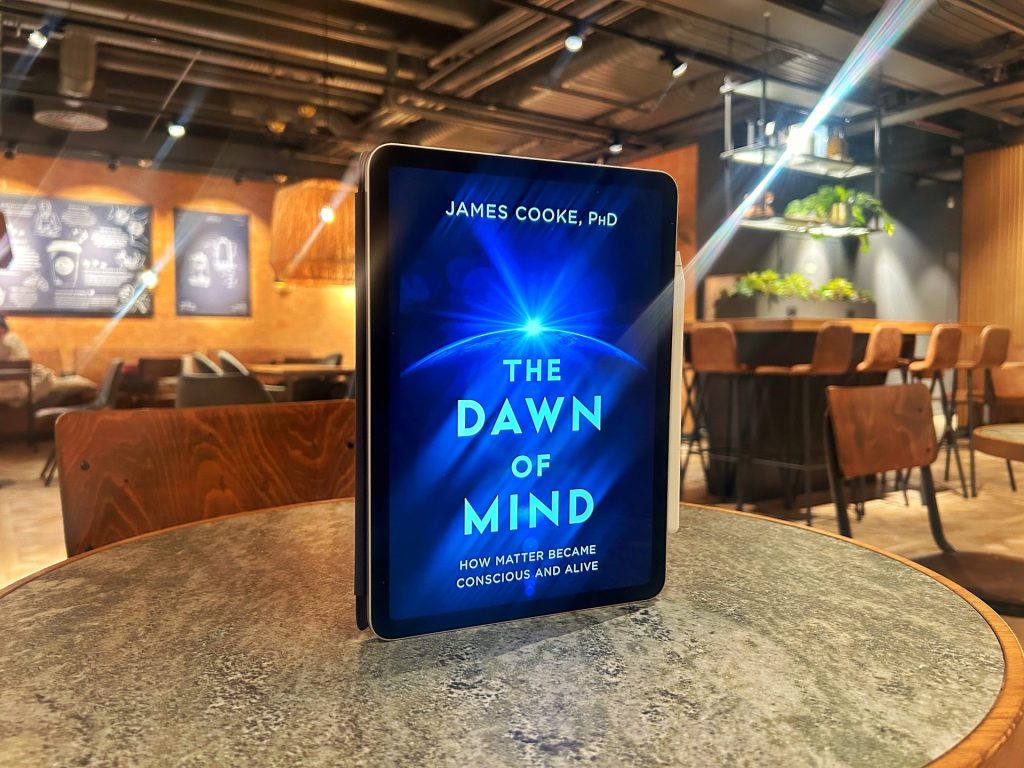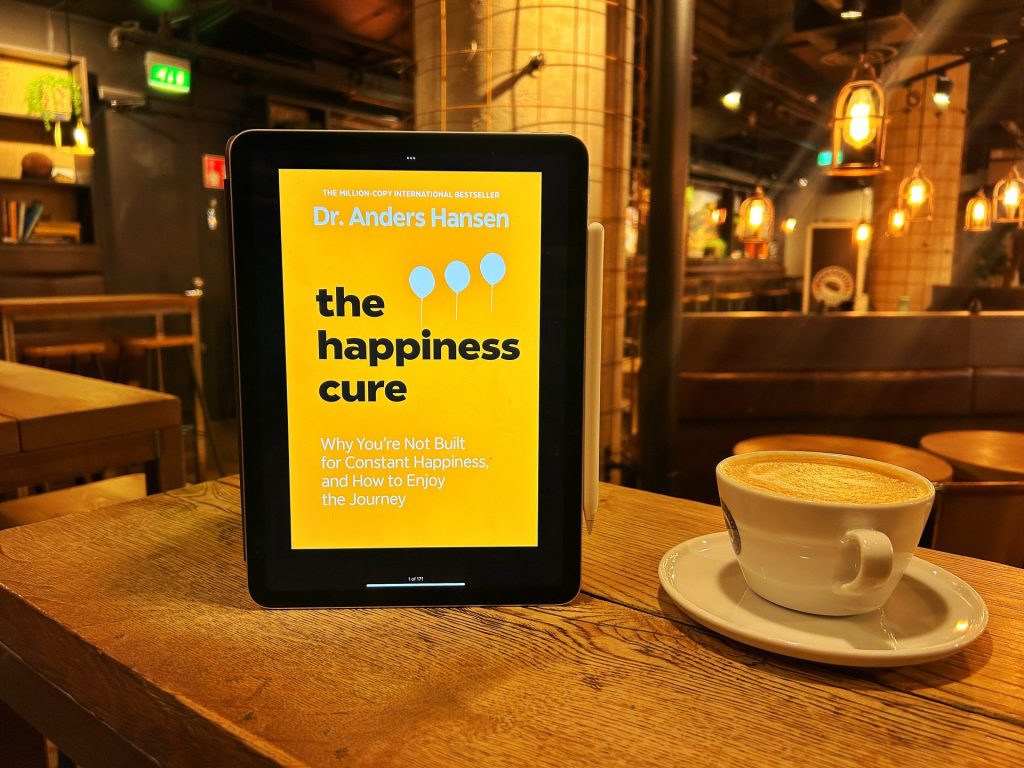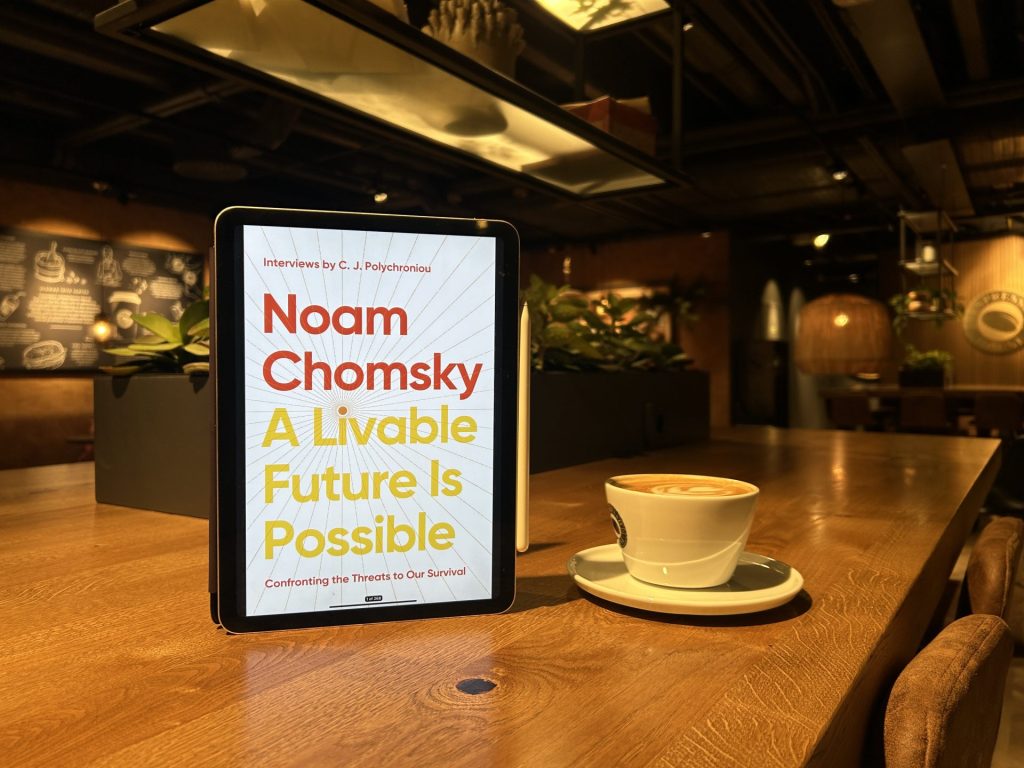In a world marked by significant disparities in the economy, education, and numerous other fields, understanding one another and acknowledging these challenges is a crucial first step toward addressing global issues. We cannot effectively tackle complex problems without first recognizing what we are missing. It’s essential to embrace the idea that no one knows everything and that there is always more to learn. By being humble about our own understanding, we can engage in meaningful discussions and take actions that enhance our well-being and quality of life.
Those ideas motivated me to pick up Edward N. Gamble’s book, From Narrow-Blinded to Open Minded. Gamble uses the term “narrow-blindness” not as a critique, but to describe a focused approach that, while beneficial for developing expertise in specific areas, often limits our ability to see the broader picture. This narrow focus can cause us to overlook opportunities and solutions to more complex, overarching problems.
Gamble distinguishes “narrow-blinded” from the more familiar “narrow-minded.” While narrow-mindedness refers to an unwillingness to accept anything different or unconventional, narrow-blindedness is the act of missing out on unexpected opportunities because we are too entrenched in our existing viewpoints.
The book’s main idea is about moving beyond this narrow-blind thinking by reducing our arrogance and opening ourselves up to new perspectives. Gamble argues that anyone with a willingness to learn can benefit from this book. It guides readers in breaking down the barriers created by narrow thinking and offers an alternative path—one that encourages open-mindedness, constructive dialogue, critical thinking, and ultimately, meaningful action.
Throughout the book, Gamble draws on popular studies and insights from other well-known authors such as Carol Dweck, Malcolm Gladwell, and Arthur Brooks. He skillfully integrates his perspectives with narratives and research findings, using clear examples and illustrations to make his points accessible and persuasive.
From Narrow-Blinded to Open Minded is a wake-up call for all of us. It pushes us to see things differently. It encourages readers to have open discussions about the tough issues we encounter and to make thoughtful decisions to tackle these challenges.
Summary
What is Narrow-Blindedness?
Narrow-blindedness happens when we get so focused on our own views that we miss the bigger picture. While being highly focused can lead to success in some areas, it can also cause us to overlook important details, ignore other perspectives, and make poor decisions. This kind of thinking creates a toxic environment where meaningful debates and new ideas are lost.
Arthur Brooks points out that one of America’s biggest problems isn’t intolerance but the contempt that grows when people refuse to see other points of view. Narrow-blindedness and contempt often go hand in hand, shutting down constructive conversations and making us believe that anyone who disagrees is the problem.
The Illusion of Knowledge
We often think we know more than we actually do, which creates a false sense of confidence. This “illusion of knowledge” stops us from considering alternative ideas and makes us overconfident in our decisions, further fueling narrow-blinded thinking.
Linear Thinking vs. Seeing the Bigger Picture
Most people think in simple cause-and-effect patterns (like A leads to B, B leads to C). However, real-world problems are more complex and interconnected. By asking the right questions and truly listening to others, we can start to see beyond this basic thinking and better understand how our actions impact everything else.
Confirmation Bias and Evidence-Based Thinking
Narrow-blindedness also ties into confirmation bias—when we only look for information that supports our existing beliefs. To overcome this, we need to rely on evidence-based practices, using real data and diverse viewpoints to guide our decisions instead of just sticking to what we think we know.
The Power of Reflection
Taking time to reflect on our beliefs helps us understand them better and communicate more effectively. When we don’t take this step, we struggle to express ourselves clearly and might not even fully understand our own viewpoints.
How to Combat Narrow-Blindedness
Simple actions, like talking to people with different views, can help us break free from narrow thinking. Recognizing that we don’t know everything, staying open-minded, and being willing to learn from others are key steps toward a more balanced mindset.
Breaking free from narrow-blindedness requires effort—through learning, open dialogue, and thoughtful action. Positive change doesn’t happen by chance; it comes from being willing to see beyond our own perspectives and actively engage with different ideas.
Author: Edward N. Gamble
Publication date: 24 September 2024
Number of pages: 198 pages





Leave a Reply